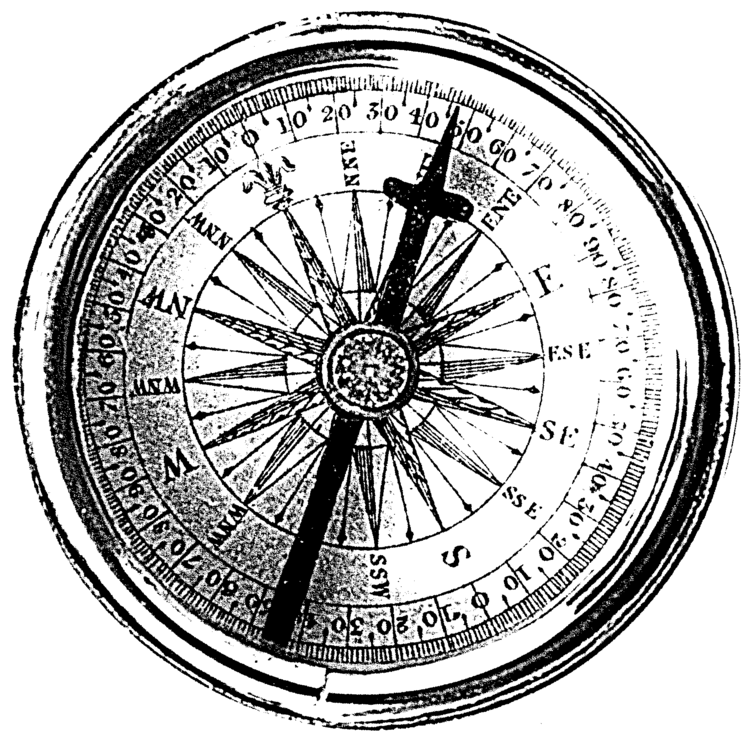The Newest Country.
I walk to the west, beside an ugly steel and concrete artery that feeds our city. If you asked me why I walk that way, I would answer “I don’t know” but a more honest reply would be “I’m not telling you”.
On a corner beside a short sooty tunnel that passes under the railway line, there is a junk shop that also sells second-hand wheelchairs. It stands on its own, left over from a time when the street was a shopping strip rather than a traffic sewer. After a few minutes browsing a poor collection of old books, I step out of the shop encouraged to leave by the scowl of the proprietor who can see that I don’t need a wheelchair and thinks it unlikely that I will buy any of the tack that is stacked in tight rows rising close to the ceiling.
Now, sitting in a wheelchair that’s on display outside the front of the shop, chin up, eyes closed, is an African man, absorbing what he can of the wintery sunshine. We see each other and smile, so I say “hello”. I can tell that William is tall even as he sits. He has raised welts that run in lines across his forehead; scars that come from his initiation into manhood back in Africa thirty-two years ago. I show him the beaded bracelet I wear, made up of the colours of the Kenyan flag; black for the people, green for the land, white to symbolise peace and red for the blood that was shed for independence. He shows me his elegant wrist encircled by a similar bracelet. It has the same four colours with an additional two. Blue for the waters of the river Nile and yellow for unity, hope and determination. The colours of the newest country in the world. We laugh at the connection.
I ask him if he came to Australia via the vast refugee camp in Northern Kenya called Kakuma. Yes. He was there for two years. After being shot by the soldiers of a warlord from a neighbouring province he escaped South Sudan by walking for four days across the desert. He lifts his shirt and shows me the scar. It’s ugly unlike the lines on his brow. He says he lost half a lung. He says this makes it hard for him to do manual work. He has a wife and three daughters back in South Sudan. He sends them money but is worried about bringing them here because Australian children take too many drugs. He says he’s a Christian not a Muslim. He says that Australians aren’t racist. He says it’s the Chinese and Indians that are the problem.
I ask about his plans for the future. His answer seems animated and positive, but a long freight train rumbles past, thumping over the joins in the tracks. Metal on metal screeching. I don’t hear his reply.

